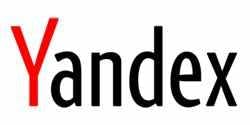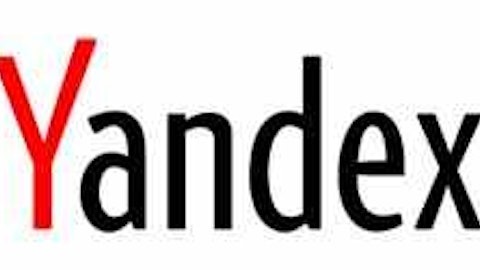This series, brought to you by Yahoo! Finance, looks at which upgrades and downgrades make sense, and which ones investors should act on. Today, our headlines include new upgrades for Reliance Steel & Aluminum (NYSE:RS) and Yandex NV (NASDAQ:YNDX). But for TriQuint Semiconductor (NASDAQ:TQNT) , it’s downgrade time.
Can you depend on Reliance?
Big news out of Reliance Steel & Aluminum yesterday translated into a big upgrade for the metals service center this morning, as commodities specialist Dahlman Rose (itself the subject of a recent takeover) announced it was upgrading shares of Reliance to “buy.”

Dahlman likes this deal, and says it “adds geographic and product breadth at a fair price.” What’s more, the deal will be “immediately accretive” to Reliance’s earnings, creating the possibility that Reliance shares could rise even more than the 8.6% they gained yesterday.
Unfortunately, Dahlman is dead wrong about that.
While it’s true that Reliance is getting a relative bargain on its Metals purchase, the fact remains that Reliance itself is pretty dreadfully overvalued already. Priced at 13.5 times earnings, and an even less attractive 17.3 times its weak free cash flow, Reliance’s tepid 6% long-term growth rate simply isn’t fast enough to justify the stock’s price today — much less the $89 Dahlman says it will be worth a year from now. Long story short, I’d rather be short this stock than long.
Yandex? More like Yawn-dex
And Reliance isn’t the only dog of a stock Wall Street is pushing on its unsuspecting customers today, either. This morning, Brit banker HSBC announced it is upping its rating on Russian search engine Yandex to overweight, and assigning a $31 target price to the shares (which currently fetch only $24 and change).
Granted, on the one hand, Yandex shares don’t look too horribly overvalued today, at a P/E ratio of 33 and 29% annual earnings growth projected over the next five years. There are two problems with this valuation, however.
Firstly, even if you agree that 33 times earnings is a fair price to pay for 29% growth (and I don’t — I think it actually looks a bit expensive), then a “fair” price by definition pretty much requires a hold rating — not a “buy.” More important, though, is the fact that Yandex’s supposed earnings overstate its true cash profitability by a factor of about 30% — $245 million in reported earnings being more than 30% greater than the $187 million in real free cash flow the company has generated over the past year.
This isn’t uncommon in Russia (or elsewhere), of course, where free cash flow and GAAP earnings numbers often differ widely. But it does still mean that when valued on its real cash profits, Yandex shares cost something on the order of 42.5 times free cash flow, which, is simply too much to pay for even 29% growth.





